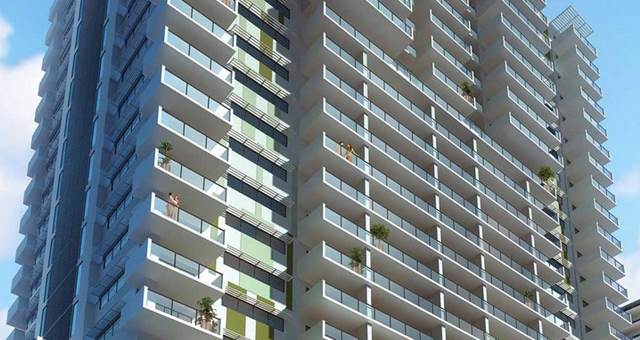By Ian Neubauer
The accommodation sectors of Darwin and Perth are proving remarkably resistant in the face of the economic downturn, with near double-digit increases in both demand and average room rates over the past 12 months.
Demand for rooms in Darwin shot up 9.3 per cent in the period, driven by investment in infrastructure such as the Darwin Airport upgrade, the Darwin Waterfront and the Darwin Convention Centre.
Demand in Perth increased 5.6 per cent in the period, while the city’s average room rates increased 19.5 per cent to $159.36. It was the strongest improvement in average room rates in the country, but came off a relatively low base.
Colliers International director of hotels and leisure, Michael Thomson, whose company published the data in its latest INNvestment Report, said the strong results in Darwin and Perth were tied to continued activity in the resources sector.
“Both cities comprise some of the most productive resource regions in the country, and the result in demand from this sector has supported the accommodation markets,” he said. “Darwin in particular holds a cross section of key drivers, including being a regional government and defence location, a tourist destination and strong infrastructure investment.”
The results contrast starkly to those seen on the east coast, where reduced corporate and leisure spending have resulted in a decline in occupancies that has placed downward pressure on rates.
In Sydney, average room rates decreased 3 per cent in the period to $184.69, but are expected to rebound in the short- or medium-term. Melbourne occupancies declined marginally, but a busy calendar of large-format events is expected to maintain demand for rooms in the city in the medium- and long-term.
“Melbourne’s accommodation market will also benefit substantially from the investment in tourism infrastructure and volume of new quality hotel accommodation available for visitors,” Thomson said.
Looking to Queensland, Brisbane saw the second-highest demand for accommodation in Australia over the period, with a 5.7 percent increase in room nights sold also underpinned by a strong resource sector.
But in Cairns things are looking less rosy. Occupancies tumbled 5.7 percentage points to 61.9 percent and the city recorded the lowest revenue per available room in the country, down to $74.13. The city has been hit hard by a combination of natural and man-made disasters, but remains popular among budget leisure travelers.


